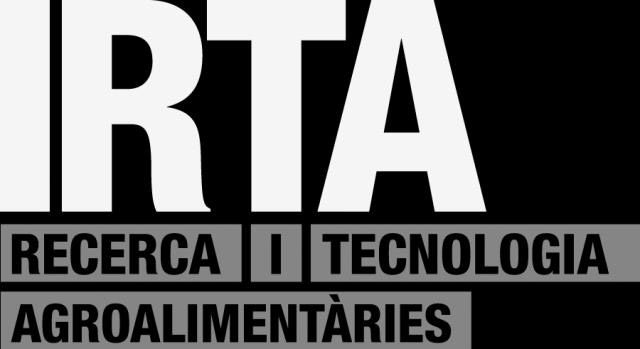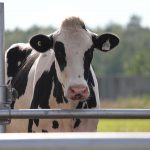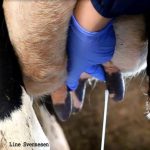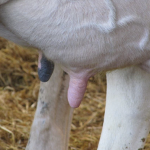Yasser Mahmmod: “It’s just a wonderful feeling when your job is to improve the current knowledge to give a better health for animals”
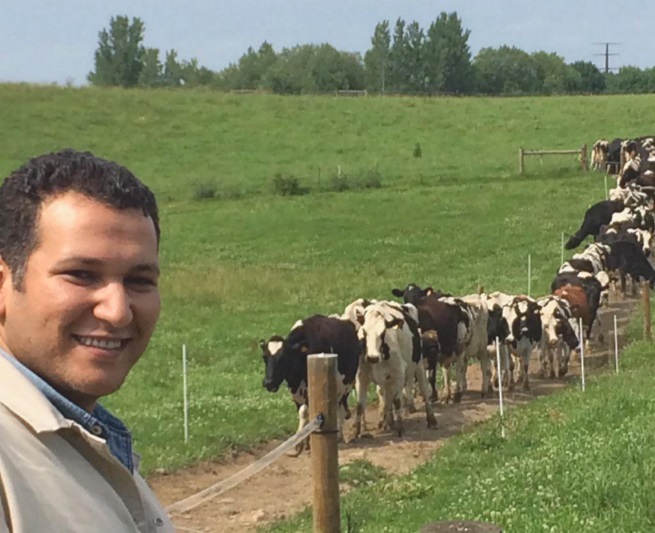
We interviewed Yasser Mahmmod, Postdoctoral Researcher at IRTA-CReSA with a Marie Skłodowska-Curie MSC CO-FUND grant.
Yasser has travelled arround the world to follow his dream: to investigate in infectious diseases. Recently, the Academy of Scientific Research and Technology (ASRT) of Egypt awarded him the “State Encouragement Award for young outstanding scientists in Agriculture Sciences”. This is the highest and most prestigious award for Egyptian researchers under age 40 years old and it is a highly competitive award for the Egyptian scientists with prominent scientific achievements in their research field. The selection criteria are only based on the merit of scientific excellence.
What does this award mean for you?
Getting such an award has many meanings for me. It is like a seal of excellence and recognition from the Egyptian State and proof that I am on the right track. However, this is also a big responsibility, as it means I should keep working harder and harder. Additionally, it is a big booster for my career.
Your research focuses on…
Understanding the epidemiological determinants and the pathogenesis of infectious diseases, as well as its impact on animal health and welfare. Since I got my Master degree in Animal Infectious Diseases, I was keen to develop a career path in animal health and epidemiology of infectious diseases in the farm, in particular production animals. Actually, I got the State Encouragement Award as a recognition from the Academy of Scientific Research and Technology for my scientific contribution in improving the animal health and infectious diseases control using innovative tools. Some of these advanced tools are related to bacterial diseases like mastitis (e.g., mastitis caused by Staphylococcus aureus, mastitis caused by Streptococcus agalactiae, and mastitis caused by non- aureus Staphylococci), parasitic diseases (e.g., bovine Fascioliasis) and mycotic diseases (e.g., Dermatophytosis).
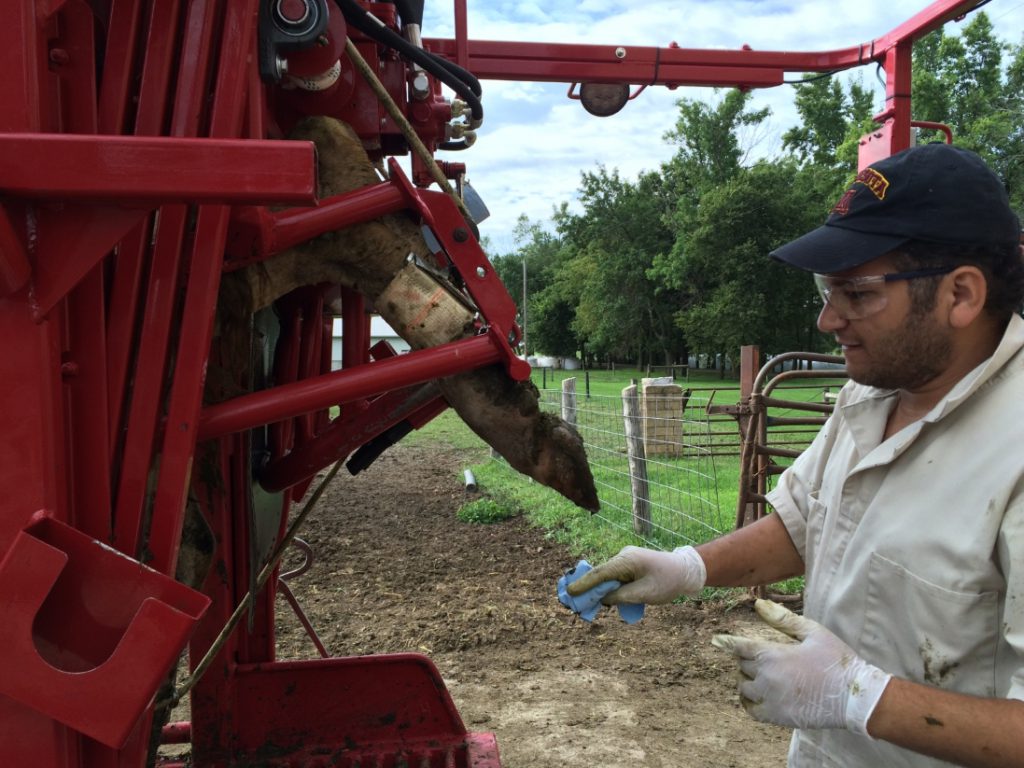
Examining the foot lesions in dairy cows at one of the organic dairy farms in Minnesota State, USA.
Currently, you are working at IRTA-CReSA since April 2018. In what other countries have you been doing research so far?
In April 2018, I started my Marie Skłodowska-Curie MSC CO-FUND fellowship (P-Sphere) at IRTA-CReSA, but before I came to Spain, I worked in academia in four universities from different countries. Firstly, I worked as a clinical lecturer in animal infectious diseases at Zagazig University of Egypt. In 2013, I completed my PhD at the University of Copenhagen in Denmark and I worked a Postdoctoral Researcher after securing my own funding and awarding IsDB merit scholarship for high technology. After that, I was in the USA working as a Postdoctoral Researcher at the University of Minnesota and then I worked as a research fellow at South China Agriculture University.
When did you decide to study veterinary?
I grew up in the countryside and my relatives are farmers, owing as well large fields of crops and fruits gardens in the Nile delta. During all my childhood, I was in contact with small and large domestic animals. When I was eight years old, I liked handling and feeding the farm animals. Since that, I decided to study veterinary medicine to take care of them, as well as treating those animals suffering from diseases and improve their welfare.
This is a degree with many different job opportunities. How did you decide to work as a researcher?
When I was a student at the veterinary college, I decided to work in the animal health research field. I saw how our professors felt very happy when one of their research findings was published. I did not understand this feeling until I get myself engaged in doing research after graduation and publishing my findings to the scientific and public audiences. It was actually a wonderful feeling that you have participated in widen the current knowledge that would make the health of our animals much better.

Working at the veterinary diagnostic laboratory, National Veterinary Institute, Technical University of Denmark.
During your career as a young scientist, did you face with any difficulties or barriers?
As any researcher who decided to work in academia, I faced many challenges at all levels. Along my career journey and chasing my dream, I had to move from one country to another and this was not always good especially when you have a family and young kids. I could say every traveling experience has its own pros and cons, but in the end, I am happy with it. One of these challenges is working in a different cultural and different language environment. Thus, I have to double my efforts and work hard to accommodate myself with the new culture and integrate smoothly with the surrounding society. Additionally, one of the biggest challenges nowadays is the lack of funding and hard competition on the available funding make it hard for the young researchers to survive and continue in academia.
What do you love the most of your job?
As a veterinarian, what I love the most is to make the life of animals more productive, healthier and happier. As a researcher, is to creating new knowledge and improving the current existed diagnostics, epidemiological and microbiological tools and control strategies for combating infectious pathogens in animal populations. My ultimate research goal is to develop a novel disease surveillance and prevention methods, which strengthen the modern control strategies for improvement the animal health and welfare. Doing research is a unique job and it is not look like other jobs. In our field, there are every day new challenges and dreams, which makes our minds always active, dynamic and irritated to find innovative solutions for the animal health disorders.
Do you have any plans for the future?
Yes, of course. I am always keen on setting off plans for my future and career. As a general rule, I prefer to stay working in the academia and developing my own specific line of research and development for improving the animal health and production, as well as studying the epidemiology of infectious diseases in farm animals.
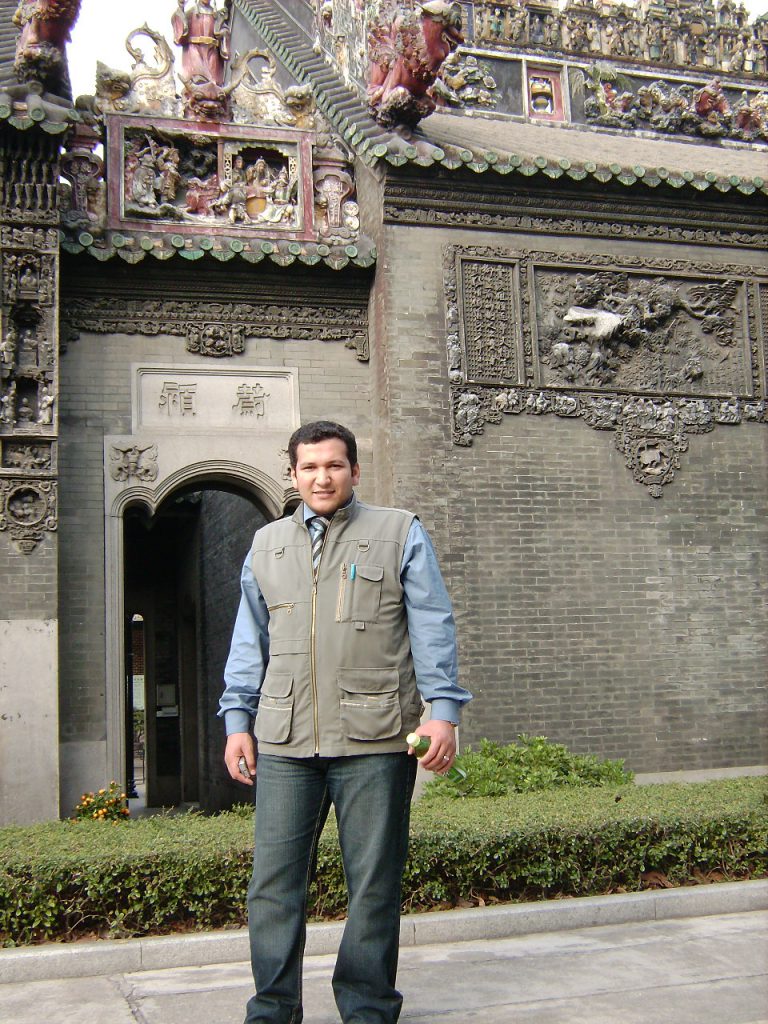
Yasser did a stay at College of Veterinary Medicine, South China Agriculture University, China.

